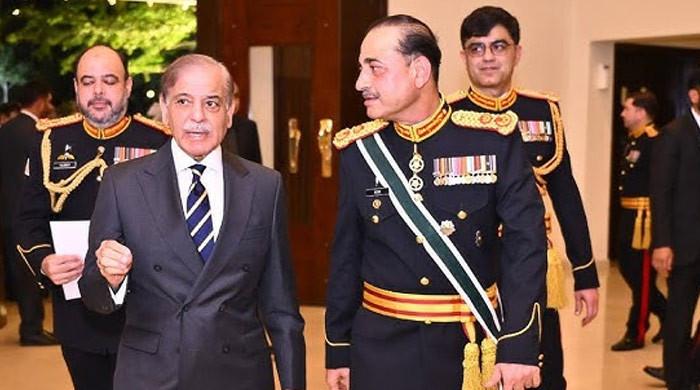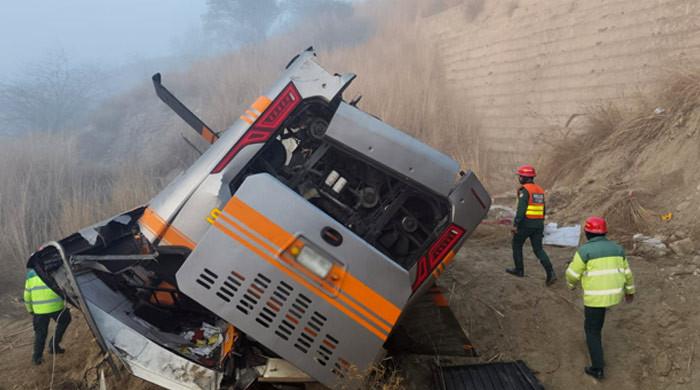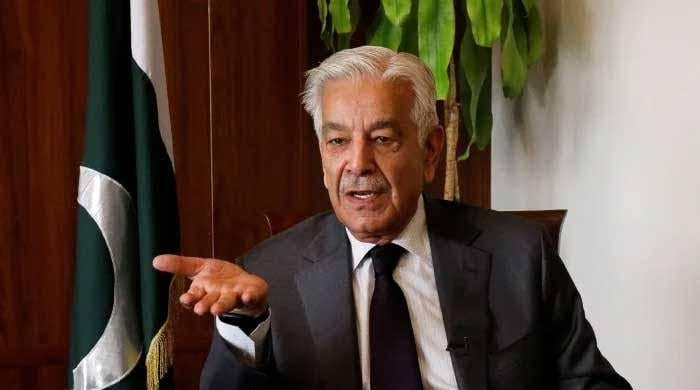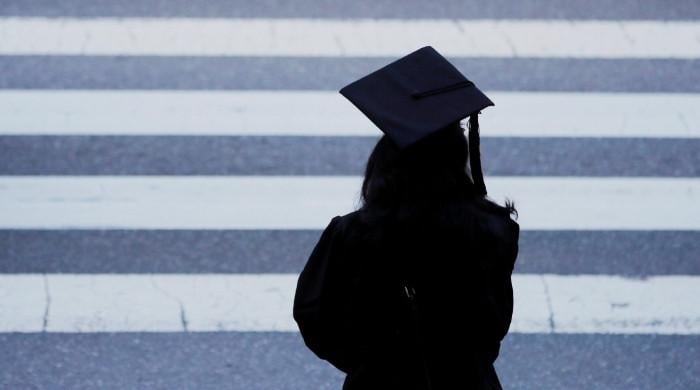Coronavirus: Punjab plans to vaccinate population in three-stages
The most vulnerable or high-risk individuals will be given the vaccine in the first stage
January 07, 2021
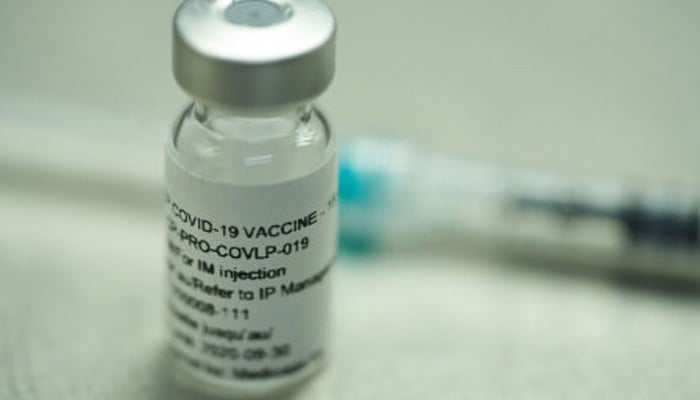
- Punjab prepares three-stage plan to vaccinate over 110 million people
- Healthcare workers and people over 65 will get the jab in the first stage
- Punjab employing PCR testing, not rapid antigen testing which it says is "unreliable"
The Punjab government has prepared a three-stage plan to vaccinate its population of over 110 million against the coronavirus, health officials said.
As Pakistan is set to procure doses of China’s Sinopharm vaccine in the first quarter of this year, Punjab — Pakistan’s most populous province — aims to vaccinate its residents in three phases.
The most vulnerable or high-risk individuals will be given the vaccine jab in the first stage, retired Captain Muhammad Usman, secretary Punjab’s primary and secondary healthcare department told a press briefing on Thursday.
Those first in line to be vaccinated will include healthcare workers, who interact directly with coronavirus patients, and people over 65 years.
Read more about Pakistan's plan to procure the coronavirus vaccine
In the second stage, medics and professionals who do not come in direct contact with the COVID-19 infected will be inoculated, as well as people over 60 years of age.
Finally, in the last stage, the vaccination drive will be open to the rest of the province, the secretary added.
With the help of the National Database and Registration Authority, the health officials have identified 0.5 million healthcare workers in Pakistan dealing with coronavirus patients, Capt Usman explained.
As many as 9.5 million people are over the age of 65 years, and 16.8 million are over 60 years in the country. Both will be on the list of priority groups.
How will KP roll out the coronavirus vaccine in the province?
Testing in Punjab
While talking about the use of rapid antigen testing in the province, Nabeel Ahmad Awan, secretary of the specialised healthcare and medical education department, told reporters that Punjab has decided against utilising the rapid testing kits for now.
“The price of a PCR test is cheaper these days than that of an antigen test,” he said, adding: “Plus the antigen test is not as reliable as PCR.”
An antigen test kit costs between Rs1,200 to Rs1,600 each, while a PCR test costs around Rs700, Awan said. The secretary also said that so far the UK virus mutant strain had not been detected in Punjab.




